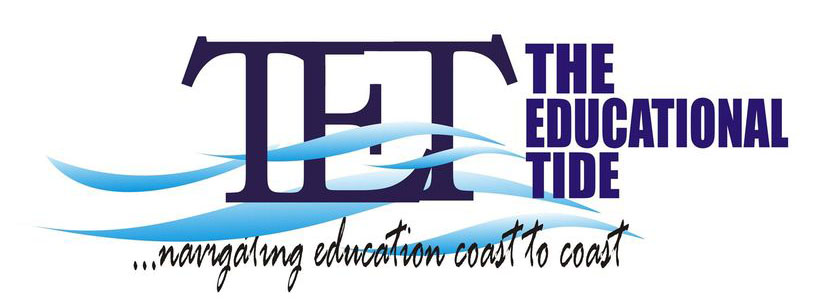A startling revelation by a public health physician, Nkiru Ezeama, highlights the harsh reality of menstrual poverty in Nigeria, affecting approximately 44% of women and girls who cannot afford N500 sanitary pads.
At a symposium organized by the Zobam Charity Foundation to commemorate Menstrual Hygiene Day in Awka, Ms. Ezeama shed light on the consequences of menstrual poverty. Many women and girls are forced to resort to unhygienic materials during their periods, leading to reproductive infections and urinary complications.

Ms. Ezeama emphasized that menstruation is a natural biological process that should not be a source of shame or stigma. Sadly, menstruating women and girls often experience a loss of confidence, mental stress, and even anxiety and depression.
Globally, an estimated 1.2 billion women and girls lack access to sufficient menstrual hygiene products due to poverty. In Africa, one in ten girls misses school because of their periods. In Nigeria specifically, 44% of women and girls face period poverty, unable to afford affordable sanitary pads.
Factors such as poverty, gender inequality, cultural beliefs, and limited access to basic services contribute to unmet menstrual hygiene needs. To address this pressing issue, Ms. Ezeama called upon menstrual hygiene product manufacturers to develop affordable, biodegradable, and environmentally friendly alternatives.
Stella Okunna, the deputy vice-chancellor of Paul’s University in Awka, highlighted the enduring misconceptions surrounding menstruation, particularly in rural areas. Many women still consider menstruation taboo or unclean, leading to embarrassment and shame.
Ms. Okunna emphasized that menstruation is a natural part of a young woman’s journey to adulthood, signifying appropriate development. It is time to break the silence and foster a society where menstrual hygiene is understood, supported, and accessible to all.














